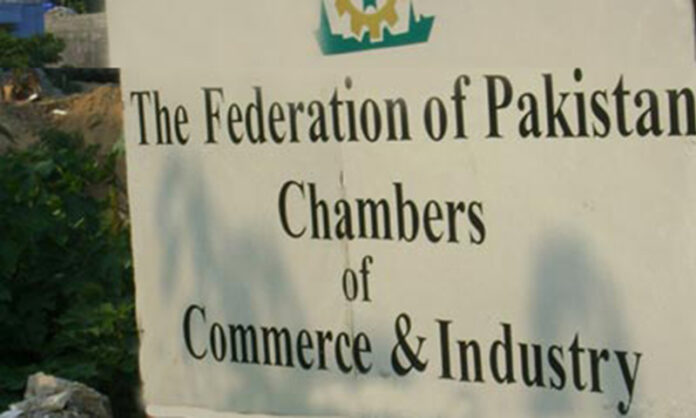KARACHI: The ruling group of the Federation of Pakistan Chambers of Commerce & Industry (FPCCI) has resented the frequent increase in electricity tariff and fuel prices, which according to the chamber were announced by the government “on behest of the International Monetary Fund as well as to appease the Independent Power Producers”.
FPCCI Businessmen Panel Chairman Mian Anjum Nisar stated on Saturday the constant inrcrease in energy rates would not only make Pakistani products uncompetitive in the international market, but would also dent the prime minister’s vision regarding lowering the cost of industrial production.
Talking to a trade delegation at his office, Nisar rejected the government’s recent move of raising power cost by more than 15pc, besides increasing rates of petroleum products twice a month to qualify for the revival of the stalled $6-billion IMF loan programme.
“The authorities, instead of impeachment and forensic audit of IPPs, have lifted the base power tariff, thus prioritising the IPPs and setting aside public as well as overall trade and industry’s interests,” he lamented.
Nisar said that the regular attempts of economic managers to increase oil prices along with power and gas tariffs would ultimately nullify the government’s step for reduction in production cost, including industrial power tariff for SMEs and reduction in markup rate to 7pc by the SBP.
He said the incumbent as well as previous governments have always been forced for exorbitant hike in energy tariffs only due to excessive capacity payment to IPPs in dollars, leading to further addition in public debt.
“The major reason behind the growing circular debt is sovereign guarantees on rate of return to IPPs in terms of dollars not rupees, while continued depreciation of local currency against dollar in the past also amounted to losses in trillions,” he explained.
Nisar said it was imperative for the government to make power and gas tariffs for domestic as well as export sectors compatible to tariffs being applied in neighboring countries. “The industry is presently paying more than double the power price as compared to regional tariff of about 7.5 cents per unit in neighbouring countries.”
He said the country could improve its economic growth and job creation by overcoming inefficiencies in its power sector through focus on eliminating waste and shifting towards cleaner energy, besides attracting private investments.
He noted that the total circular debt increased by Rs538 billion during the fiscal year 2019-20 at a rate of about Rs45 billion per month. During the Jul-Nov 2019-20 period, circular debt increased by Rs179 billion at a rate of Rs36 billion per month. “It should be recalled that it was in July 2013 that the previous government had cleared the circular debt of Rs480 billion.”
Now, after an agreement has been finalized with the IPPs, power sector reforms should be a top priority for a quick yield of economic gains, Anjum Nisar said, adding that reforms that focus solely on rising energy prices had already led to an excessively high cost of electricity because of inefficiencies in the system.
The FPCCI’s ruling group chief further noted the overall line losses of distribution companies in the public sector remained unchanged at 18pc for the last several years while the current Unaccounted for Gas (UfG) losses of gas companies were causing a loss of more than Rs50 billion to the end consumers, burdening the industry with billions of rupees cost additionally.
“The government will have to get rid of expansive thermal power generation, as hydropower’s share of installed generation capacity fell from around 67pc in 1985 to 27pc in 2021. The dramatic increase in oil prices in the 2000s (reaching a high of $147 per barrel in 2008) caused Pakistan’s power generation costs to skyrocket. Pakistan’s reliance on fuel oil for power generation contributed to the liquidity crisis in the country’s power sector.”
He opined that increase in tariffs alone could solve the fiscal problems in the short-term, but it cannot address the energy sector issues on a long-term basis.

























Every citizen in Pakistan should install own solar power plant and wend turbine to generate its electricity for home use and for own vehicles. Please don’t look to government. They are there to fill own pockets indirectly because the highest salary is not enough for them.